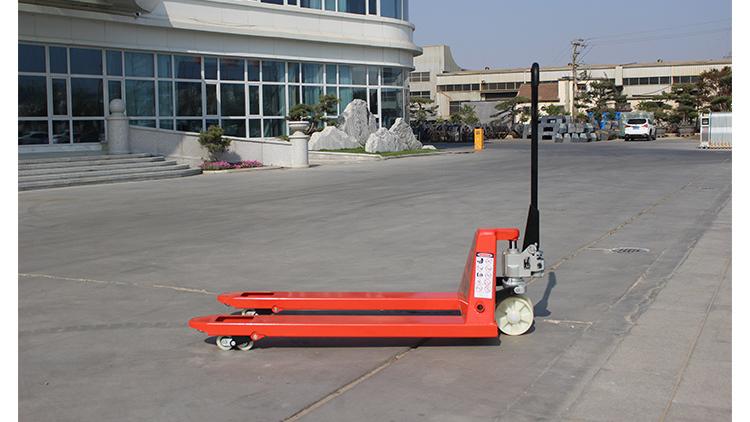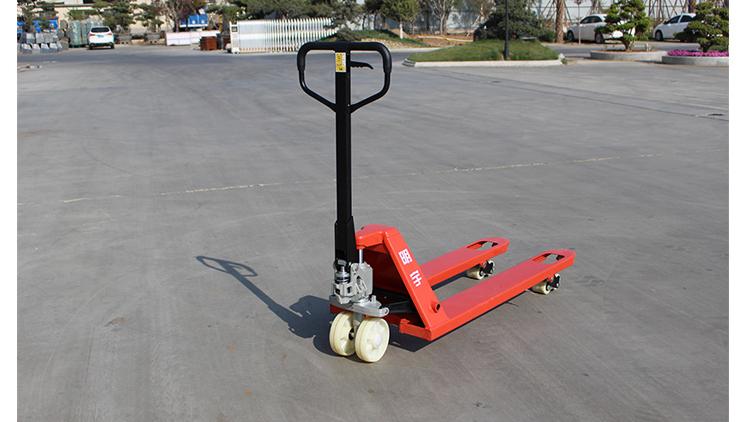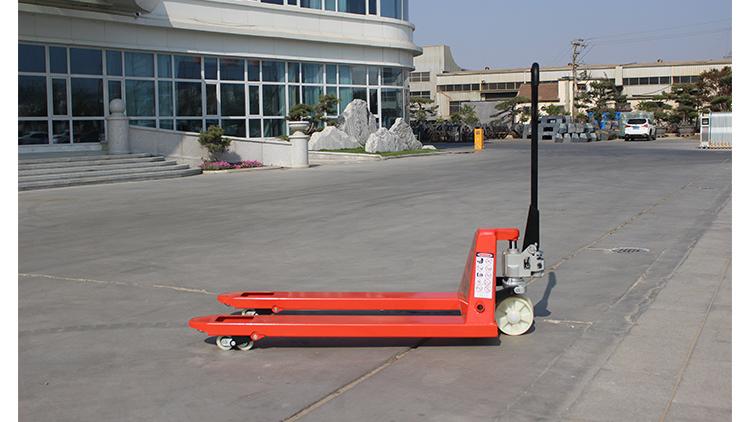What Safety Certifications (CE/OSHA/ANSI) Are Required for Electric Pallet Trucks?
I. Introduction
Electric pallet trucks play a vital role in the logistics and material handling industry. From warehouses to manufacturing plants, these machines increase productivity and reduce manual labor. However, like any powered equipment, electric pallet trucks come with inherent safety risks. To ensure these risks are minimized and to meet legal obligations, specific safety certifications such as CE, OSHA, and ANSI are essential.
In this article, we will explore the key safety certifications required for electric pallet trucks, their relevance, and how businesses can ensure compliance.
II. What Are Electric Pallet Trucks?
Electric pallet trucks, also known as powered pallet jacks, are motorized versions of manual pallet trucks. They are used to lift and move pallets within warehouses, distribution centers, and retail environments. Their electric operation allows for easier movement of heavy loads, reducing physical strain on workers and improving efficiency.
While efficient, these trucks can pose safety risks such as:
Collision with people or objects
Overloading and tipping
Electrical faults
Understanding these risks highlights the importance of strict adherence to safety certifications.
III. Importance of Safety Certifications
Safety certifications serve as a guarantee that the equipment meets established safety standards. These certifications help:
Protect workers from injury
Ensure compliance with local and international laws
Reduce insurance premiums
Enhance company reputation
Manufacturers, suppliers, and end-users all share the responsibility of ensuring compliance with safety standards.
IV. CE Certification (Europe)
The CE Marking is mandatory for electric pallet trucks sold within the European Economic Area (EEA). It indicates that the product meets EU safety, health, and environmental protection requirements.
Key regulations under CE include:
Machinery Directive 2006/42/EC: Ensures machinery safety through design and risk assessment.
EN ISO 3691-5: Specific safety standard for industrial trucks.
Manufacturers must conduct a conformity assessment, create a technical file, and issue an EU Declaration of Conformity to affix the CE mark.
V. OSHA Standards (United States)
In the U.S., the Occupational Safety and Health Administration (OSHA) regulates workplace safety, including powered industrial trucks.
Key OSHA regulations:
29 CFR 1910.178: Governs the safe use of powered industrial trucks, including operator training, maintenance, and inspection.
Employers are responsible for:
Providing adequate training and certification for operators
Ensuring equipment maintenance
Maintaining safe workplace conditions
OSHA compliance reduces accidents and ensures legal protection.
VI. ANSI Standards (United States)
The American National Standards Institute (ANSI) sets voluntary but highly respected safety standards.
Relevant ANSI standards include:
ANSI/ITSDF B56.1: Covers safety for low lift and high lift industrial trucks.
Although not legally mandatory, ANSI standards are often used alongside OSHA regulations to provide comprehensive safety coverage.
VII. Other Relevant Standards and Certifications
Besides CE, OSHA, and ANSI, other standards may apply:
ISO 3691 series: International safety standards for industrial trucks
UL Certification: Ensures electrical safety
RoHS and REACH: For environmental compliance in materials
Local standards in countries like Australia (AS/NZS) or Canada (CSA)
VIII. Training and Operator Certification Requirements
Operator competence is as important as equipment safety.
OSHA mandates formal training, practical training, and performance evaluation.
CE markets require manufacturers to provide manuals and risk warnings but training is typically an employer responsibility.
Proper signage, regular safety briefings, and refresher training reduce risks.
IX. Consequences of Non-Compliance
Failure to comply with safety certifications can result in:
Legal fines and shutdowns
Workplace accidents and injuries
Increased insurance costs
Damage to company reputation
Investing in compliance is not only ethical but economically wise.
X. How to Ensure Compliance When Buying or Renting Electric Pallet Trucks
To ensure compliance:
Check for CE, OSHA, or ANSI marks and documentation.
Request the EU Declaration of Conformity or equivalent documents.
Train employees thoroughly.
Schedule regular maintenance and safety inspections.
Work with trusted manufacturers and rental companies that prioritize safety.
XI. Future Trends in Safety and Certification
Safety certification is evolving with technology:
Smart sensors and IoT integration improve real-time monitoring.
Autonomous pallet trucks require updated safety protocols.
Global standard harmonization may simplify future compliance.
XII. Conclusion
Safety certifications like CE, OSHA, and ANSI are crucial for ensuring the safe operation of electric pallet trucks. By understanding and adhering to these standards, businesses can protect their workforce, maintain legal compliance, and foster a culture of safety and responsibility.
Post time:Jul.09.2025



